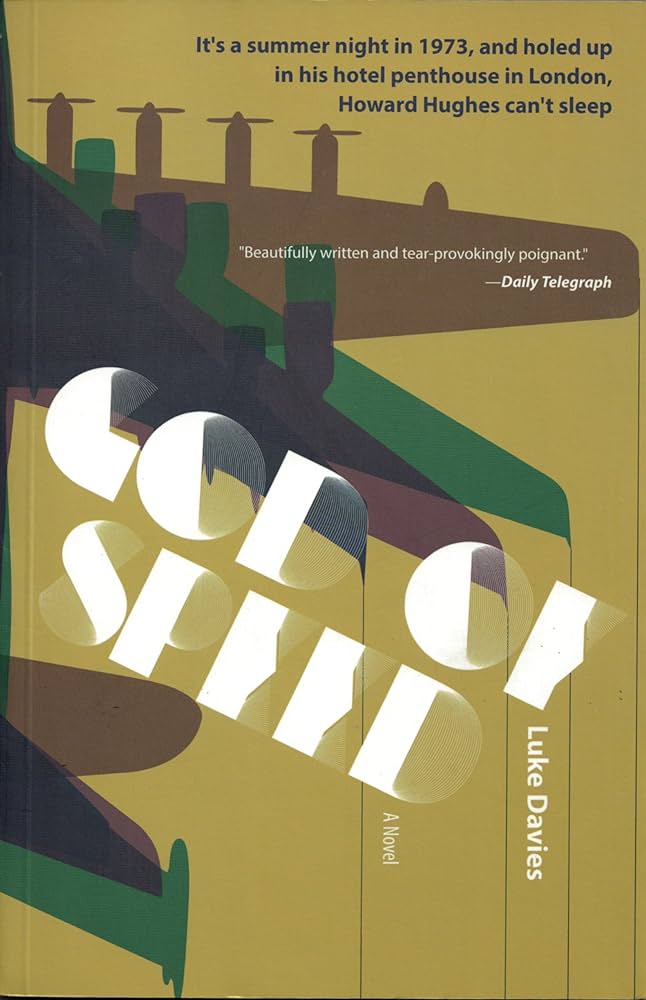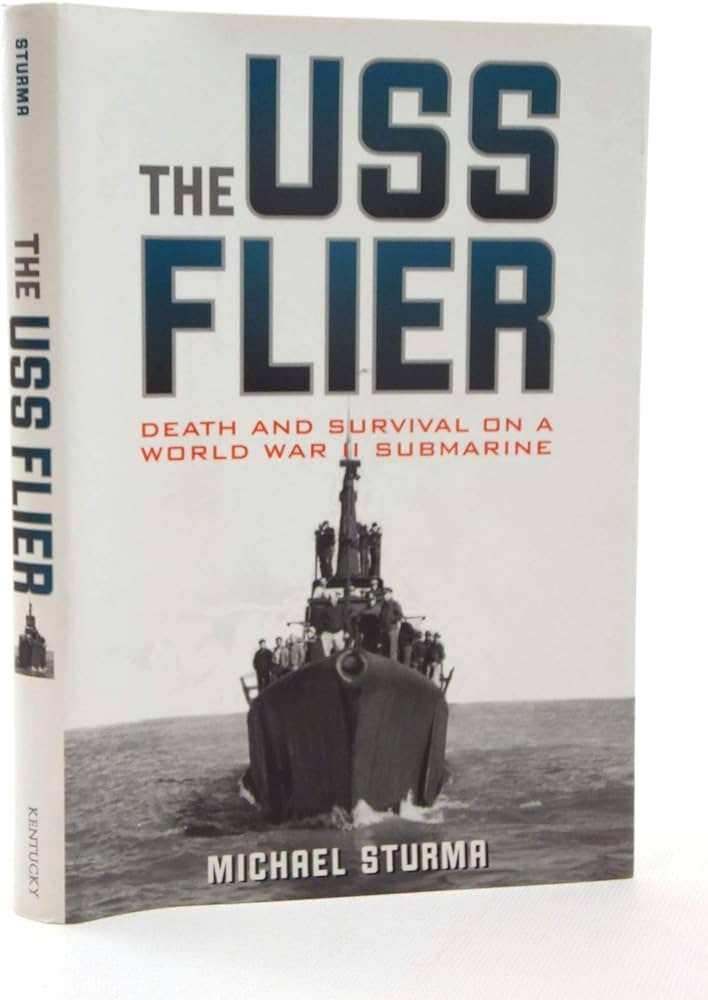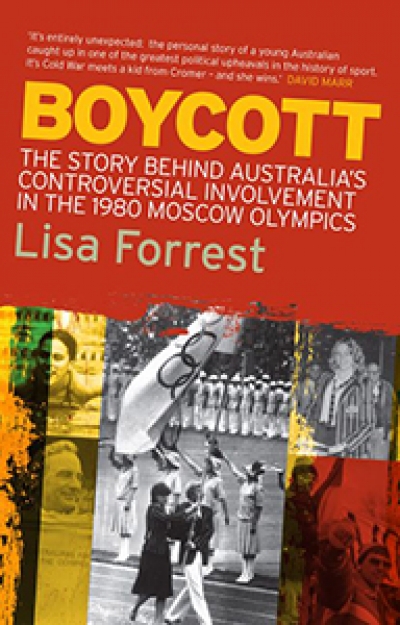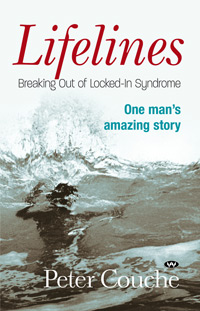Archive
Film | Theatre | Art | Opera | Music | Television | Festivals
Welcome to ABR Arts, home to some of Australia's best arts journalism. We review film, theatre, opera, music, television, art exhibitions – and more. To read ABR Arts articles in full, subscribe to ABR or take out an ABR Arts subscription. Both packages give full access to our arts reviews the moment they are published online and to our extensive arts archive.
Meanwhile, the ABR Arts e-newsletter, published every second Tuesday, will keep you up-to-date as to our recent arts reviews.
Recent reviews
Other Colours: Essays and a Story by Orhan Pamuk (trans. By Maureen Freely)
by Sarah Kanowski •
The USS Flier: Death and survival on a world war II submarine by Michael Sturma
by Tom Frame •
Boycott: The story behind Australia’s controversial involvement in the 1980 Moscow Olympics by Lisa Forrest
by Brian Stoddart •
sampling Jeffrey Harrison’s ‘Danger: Tulip’,
from Ploughshares, Winter 2006–07
Was I hoping to find my way to the creek, loud
with unseasonal rain, and to see, perhaps,
Lifelines: Breaking out of locked-in syndrome by Peter Couche
by Gillian Dooley •









